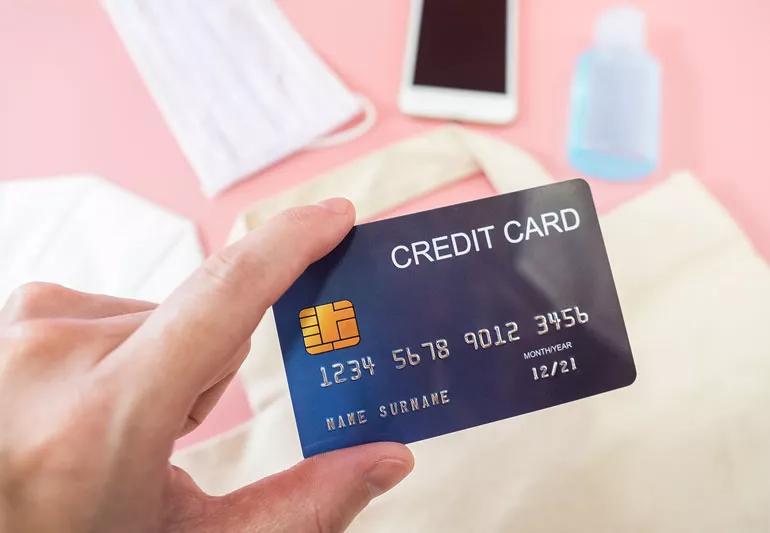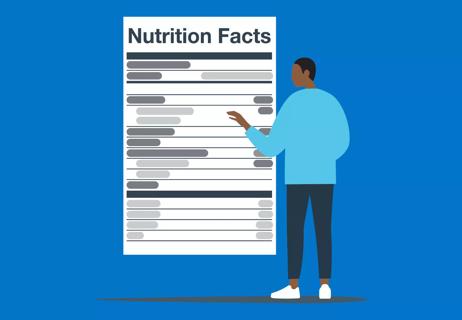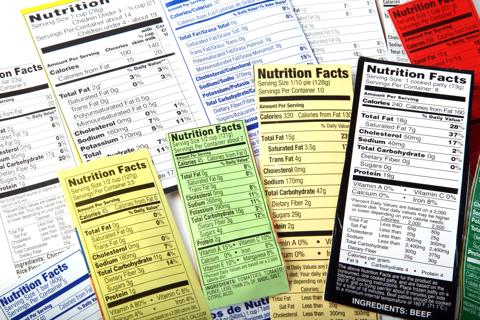Avoid bringing bacteria home

Dirty money has never been a more literal term. Researchers say that 1 in every 12 bank cards has fecal bacteria on it. One in seven bills are contaminated, too. So when you head out shopping, you might want to bring along a bottle of hand sanitizer.
Advertisement
Cleveland Clinic is a non-profit academic medical center. Advertising on our site helps support our mission. We do not endorse non-Cleveland Clinic products or services. Policy
Alan Taege, MD, a doctor who treats infectious diseases, says that money and other things that get touched multiple times by different people are likely to pick up all kinds of germs.
“We pass credit cards from our hands to someone else, back and forth, and it’s not at all unusual for the cards to be contaminated with bacteria,” he says.
Bacteria spread fast, and cell phones and handbags also are hot spots for germs, experts say.
Dr. Taege says you can decrease your chances of getting sick while you shop you by doing the following:
Alcohol-based sanitizers “may not be perfect, but they help,” he says.
Also, try to avoid touching your eyes and your mouth while shopping. You allow bacteria entry to the inside of your body when you touch your eyes and mouth Dr. Taege says.
In a 2012 study, researchers at Queen Mary University in London swabbed the hands, money, and credit cards of nearly 300 people.
They found bacteria on the hands of 11% of the people, on 8% of the credit cards, and on 6% of the bills they tested.
The organisms they found included staphylococcal “staph” bacteria, which are responsible for many infections, from mild to serious. They also found fecal matter that comes from stool in the gastrointestinal tract.
Advertisement
This is why it’s important to be mindful of germs, especially during the busy holiday shopping season.
Advertisement

Sign up for our Health Essentials emails for expert guidance on nutrition, fitness, sleep, skin care and more.
Learn more about our editorial process.
Advertisement

An occasional shopping spree can boost your mood by distracting you from stressors and pumping your brain full of ‘happy hormones’

Signs you’re a compulsive spender include lying about purchases, buying things you don’t use and treating shopping like a hobby

Information on serving size, calories and nutrients can help you make healthy choices

From planning ahead to resisting bargains, these tips could also save you money

All it takes is a little planning

4 ways to identify foods that are (actually) good for you

Chilblain-like skin lesions and rashes are mild (and rare) complications of many viral infections, not just COVID-19

Yes, but symptoms can be easy to miss

Even small moments of time outdoors can help reduce stress, boost mood and restore a sense of calm

A correct prescription helps your eyes see clearly — but as natural changes occur, you may need stronger or different eyeglasses

Both are medical emergencies, but they are very distinct events with different causes